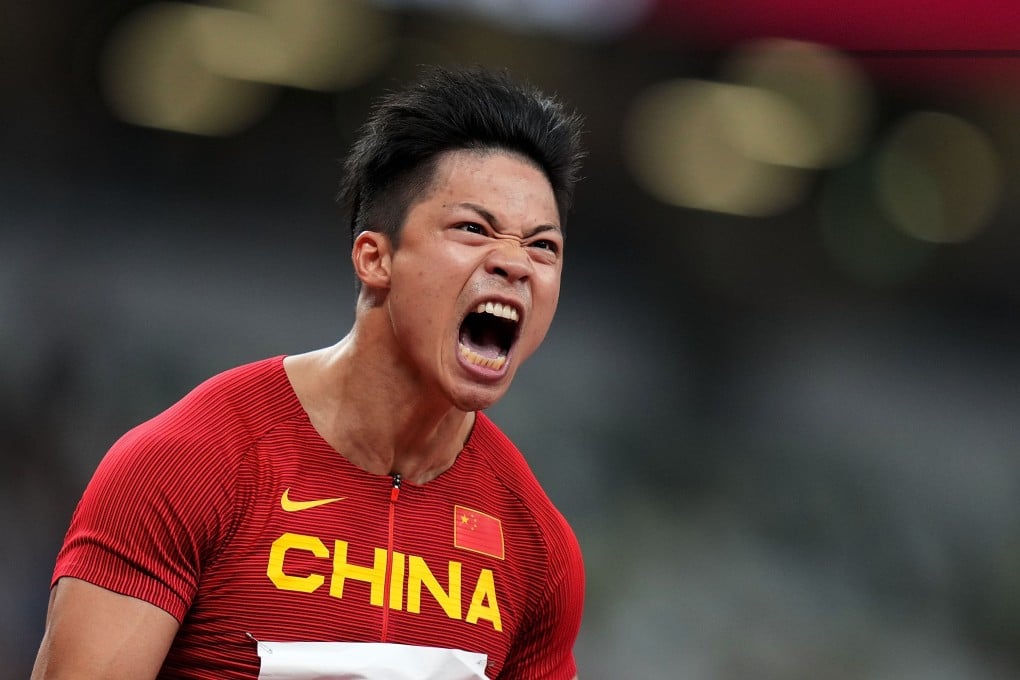Explainer | Paris Olympics: why does Asia struggle to produce track stars? What needs to change?
- The absence of continental finalists from most of the athletics finals shows that Chinese sprinter Su Bingtian was an exception to the rule

American Noah Lyles stormed to glory at the Olympics on Monday in the men’s 100 metres – the blue riband event where Asian track athletes have once again been conspicuous by their absence.
In Paris, not a single Asian athlete made it into the women’s 800m final, the 4x400m mixed relay, or the men’s and women’s 100m finals.
Those that progressed beyond round one – Japan’s Sani Brown Abdul Hakim, and Thailand’s Puripol Boonson in the men’s 100m – stood little chance of winning a medal, proving the rule once again that Asian athletes do not do well in this arena.
The notable exception, of course, has been China’s Su Bingtian, who made history in Tokyo by becoming the first sprinter of non-African descent to enter the Olympics 100m finals since 1980.
Su, who missed this year’s Games through injury, has a personal best of 9.83, which would have given him fifth place in Monday’s race. Liu Xiang, won the 110m hurdles in 2004, and his time in Athens of 12.91 is still the Olympic record.

But these successes are few and far between.